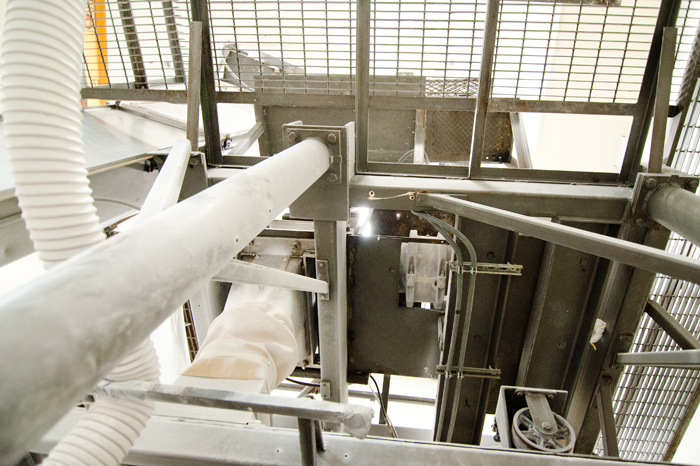Leading toll manufacturer of powdered chemicals, polymer additives, nutritional products, & functional foods.

Dry Granulation in Toll Manufacturing: Superior Powder Quality
In the intricate world of powdered chemicals and nutritional products, dry granulation stands out as a cornerstone process in toll manufacturing. This method is essential for companies looking to enhance the flow and compression characteristics of their powders, which is particularly crucial in the production of functional foods and dietary supplements.
Understanding Dry Granulation
Dry granulation is a process used to form granules without the use of a liquid solution, as the product may be sensitive to moisture and heat. It involves two main steps:
- Compaction: Powdered particles are compressed into larger pieces.
- Milling: The compacted pieces are then broken down into granules.
This method is favored for its ability to improve powder density and flowability, which facilitates easier handling and packaging.
Advantages in Toll Manufacturing
1. Enhanced Product Quality
- Uniformity: Dry granulation ensures a consistent granule size, which is vital for uniform mixing and product quality.
- Stability: It helps in stabilizing the blend, reducing segregation, and enhancing the shelf life of the product.
2. Cost-Effectiveness
- Reduced Processing Steps: The absence of a drying phase lowers production costs and energy consumption.
- Efficient Material Use: It minimizes waste by recycling and reprocessing all materials.
3. Versatility
- Broad Application: Dry granulation is suitable for a wide range of materials, especially those sensitive to moisture or heat.
- Customization: Toll manufacturers can tailor the granulation process to meet specific client needs.
4. Scalability
- Flexible Batch Sizes: The process is adaptable to various production scales, from small batches for R&D to large-scale commercial manufacturing.
5. Compliance and Safety
- Regulatory Adherence: Toll manufacturers that specialize in dry granulation are well-versed in regulatory requirements, ensuring compliance with industry standards.
- Safe Handling: The process is ideal for handling hazardous or sensitive materials, as it does not involve solvents or high temperatures.
Dry granulation is a pivotal process in the toll manufacturing of powdered chemicals, nutritional products, and functional foods. It offers numerous benefits, including improved product quality, cost savings, versatility, scalability, and compliance with safety standards. Companies that integrate dry granulation into their manufacturing strategy can expect to see enhanced product performance and customer satisfaction.
